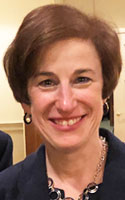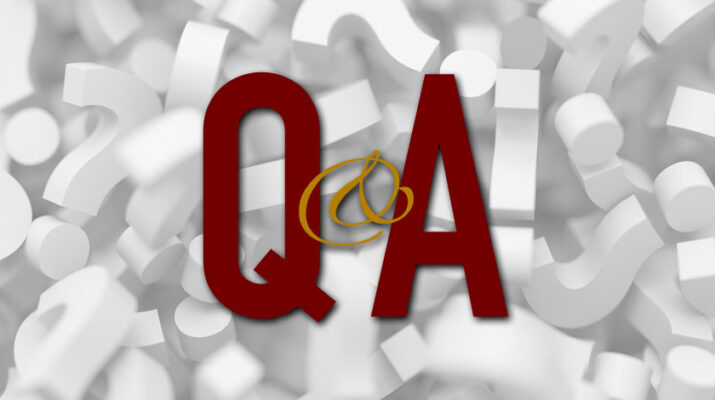President and CEO of Hillside talks about the organization’s mission to help children in need
By Mike Costanza

Since Hillside opened its doors in Rochester in 1837, it has come to serve the needs of children, adults and families in Western and Central New York, the Southern Tier, and Prince George’s County, Maryland. Altogether, the nonprofit operates at about 40 different locations, including offices, group homes and residential campuses, and employs approximately 1,900 people. Maria Cristalli, Hillside’s president and CEO, spoke to In Good Health about the goals and services of her organization (which was once called the Hillside Family of Agencies).
Q. In a nutshell, what is Hillside’s mission?
A. We partner with youth, adults and their families to provide individualized health care, education and human services through an integrated system of care.
Q. What kind of child might benefit from your services?
A. The kind of child that we might help could be a child in crisis that has had traumatic experiences throughout their lifetime. They have limited coping skills. They have difficulty in school. There may be a difficulty going on in the family’s home. Typically, we are serving birth through age 26, but for a few key programs we’re going beyond age 26.
Q. What types of community-based services does Hillside offer?
A. They focus on behavioral health, assessment services, family support services, social-skill-building services. They are for youth that are in crisis. They are also for young people that are struggling with the juvenile justice system, and are preventive in nature. They’ve [kids] sometimes have reached the point where they have been removed from their family’s home. They would then either be placed in a foster home, or be served at one of our campuses that provides residential treatment.
Q. Can you tell us about the treatment services that you offer on your residential campuses and in your group homes?
A. Those services are provided for youth around the clock, and they’re in a therapeutic environment. A multidisciplinary team is serving the young person and their family. That includes mental health care, a youth care worker, family support and education. We have both psychiatric and pediatric providers that work with the children.
Q. What kinds of supports does Hillside provide for the families of children in residential treatment?
A. The children are placed with us for mental health programs, or programs that serve children with developmental disabilities. Parents certainly have the will, but they may not have the tools to care for their child. They’re coming to us to learn tools and strategies. They’re also coming to us for family support, because we can help connect them with other families that have experienced these same challenges.
Q. Could you describe some of the other services that you have for families?
A. We have Family Resource Centers that are dedicated to helping parents and their children. The Family Resource Centers use the Parents as Teachers program, a home-visiting program for parents with young children. A staff person visits with the family to help them with developmental screenings and linkages with community resources, so parents can raise healthy and happy children.
Q. Peer support can really help those who are having difficulty raising their kids. How does Hillside bring members of different families together to support each other?
A. We have family peer support professionals that are part of our multidisciplinary teams that work directly with the family. As a family member, you’re going to have a clinician, you’re going to have a youth care worker, you’re going to have the option to utilize a family peer support professional to work directly with you.
Q. What kinds of educational services do you offer on your campuses?
A. For the most part, if they’re living on our campuses, they would come to one of our schools. They are non-district schools licensed by the (New York State) Office of Special Education.
Q. Does Hillside provide other educational services?
A. We have the nationally recognized Hillside Work-Scholarship Connection. It is for a child who is struggling in school, might be overage and under-credited, is struggling with core subjects like math and English, and is having problems with attendance. For some youngsters, they may be in school but they’re struggling with behaviors and may be on track for suspensions. It helps young people that are struggling to graduate from high school and go on to college and a career.
Q. Hillside also has programs for those over 26 years old. What are some of them?
A. One example is the health home care management program that we provide directly to adults that have chronic conditions that need attention. Those can include a behavioral health condition like depression or anxiety for example. They could also have a chronic physical condition like diabetes or cardiovascular issues. In partnership with the individual, the care manager provides support and coordination of services from a primary health and a behavioral health point of view.
Q. How has the coronavirus pandemic forced Hillside to change its operations?
A. Our five campuses and 11 group homes are operating 24/7, as usual. For our community-based services, about 1,000 staff are delivering services through telehealth technology.

